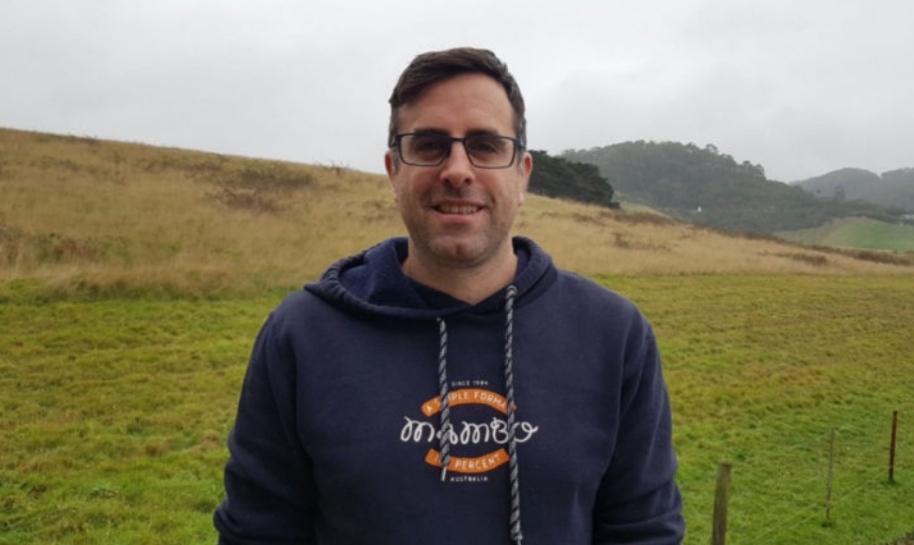The Generation Post Corona

Younger generations face an increasingly uncertain future.
Mercifully, many millennials apparently don’t know this but 20 years ago they were predicted to be the generation born into opportunity and prosperity. In other words, they were in for an easy ride.
Said to be the most analysed generation ever, they were also labelled by conservative media as coddled snowflakes and “the worst generation ever.”
On the other hand, a couple of social scientists almost launched a new religion when they declared that the millennials would be a “hero generation” – akin to those who stoically endured the Depression and World War Two in quick succession.
If this has more or less gone over the heads of the digital-native generation born between 1984 and 2004, it’s because they’ve been too busy seeking the job security and home ownership – hallmarks of what we used to call the Australian Dream – that previous generations took for granted.
Now, as the oldest of millennials drift into middle age, there’s talk of a Generation COVID. Who are they? What does it mean?

Dr Dan Woodman is the TR Ashworth Associate Professor of Sociology, at the University of Melbourne.
Dr Woodman’s research includes the impressive Life-Patterns Project – with professors Johanna Wyn and Lesley Andres – a longitudinal study following about 1500 Australians from the end of secondary school into middle age.
Dr Dan Woodman has been following the progress of two generations from leaving school to middle age.
The study began nearly 30 years ago with a group of Gen Xers, who are now in the shadow of their fabulous fifties.
A second study began with a group of millennials, also known as Gen Y.
As he explains, generational analysis has great value for sociologists, but it can also get hijacked and used as a platform for pop culture money-making and political ends.
“Getting in early with a generational label can be your ticket to fame and fortune – it’s almost like a generational industry,” he said.
“I’ve seen a few people talking about Generation Covid. It’s been used to refer to everyone – from this group we call the millennials, to their young cousins the zoomers (Gen Z), but also to even the younger kids who are developing their first memories that they’ll take with them for their life course – in the middle of this pandemic.”
He said one of the important things to keep in mind about claims “that everything is going to be different from this point, for this generation or all of us, is that the future is uncertain, and it really is right now.”
He said the way generations unfold “isn’t that straightforward.”
Dr Woodman noted that series of generations “tend to say that young adulthood is a core time for your life, that’s going to shape your future. But we’re still talking about the millennials as young adults now that the oldest ones are almost 40.”
It’s almost like the uncertain adulthood facing the millennials “has never ended for them.”
Part of that perception is that the millennials have relied, in many cases, on their parents for support, beyond what previous generations may have done.
There’s the cliche of the man-child, refusing to leave home, with mum and dad supporting a lifestyle of avocado toast and overseas trips – and with no firm signal as to when he might finally strike out on his (or her) own.
Reports that one in five households have young adults returning to the nest – because of losing their jobs and ability to live independently to COVID-19 – has spawned talk of a “generation boomerang.”
Often these stories refer to these young people under pressure as “kidults” – and they don’t take into account that some of these people are bringing their babies with them.
Dr Woodman noted, though, that the millennials have faced a series of “rolling crises” (GFC) and structural changes (the gig economy) that, for many, has impeded their ability to build a career or a decent savings account.
Hence, they’ve “relied on inter-generational relationships” to get by.




